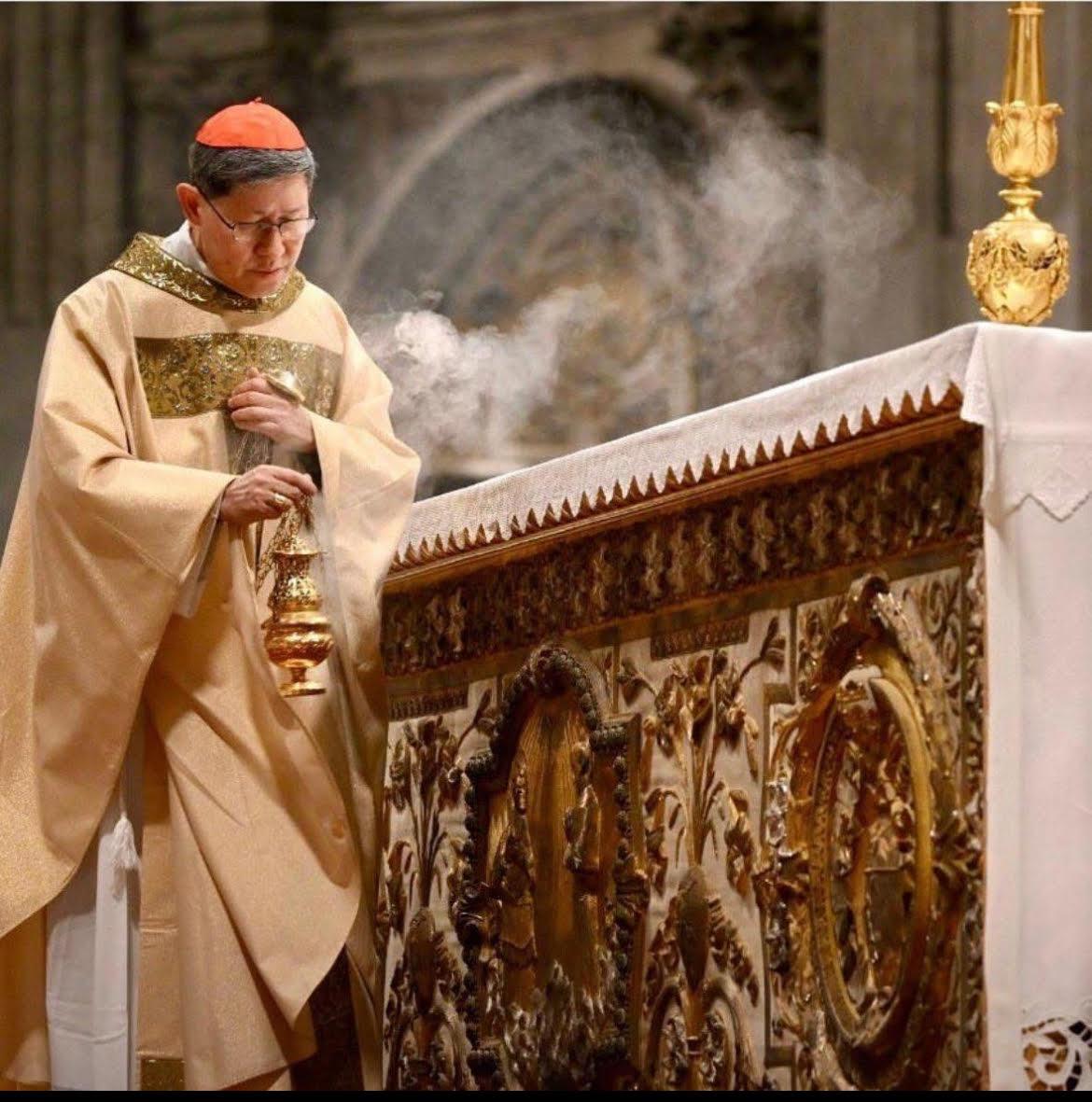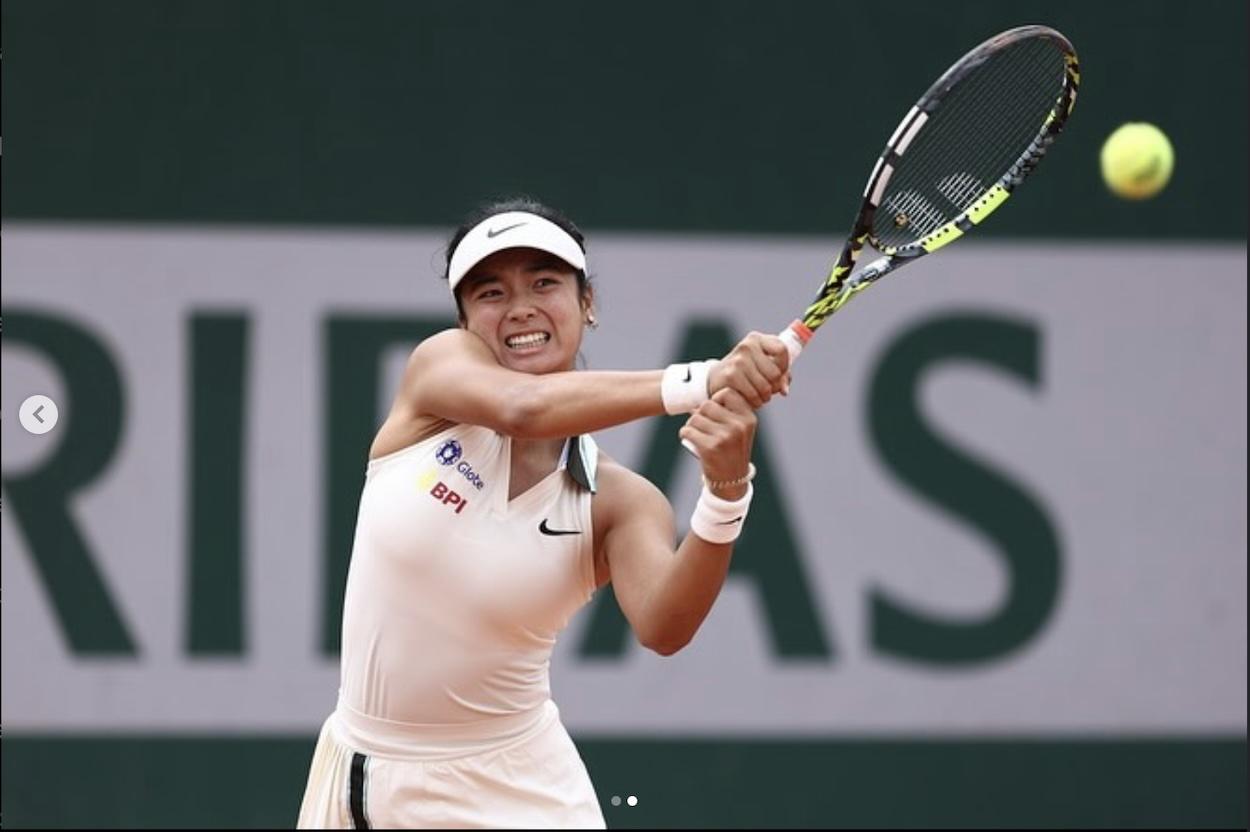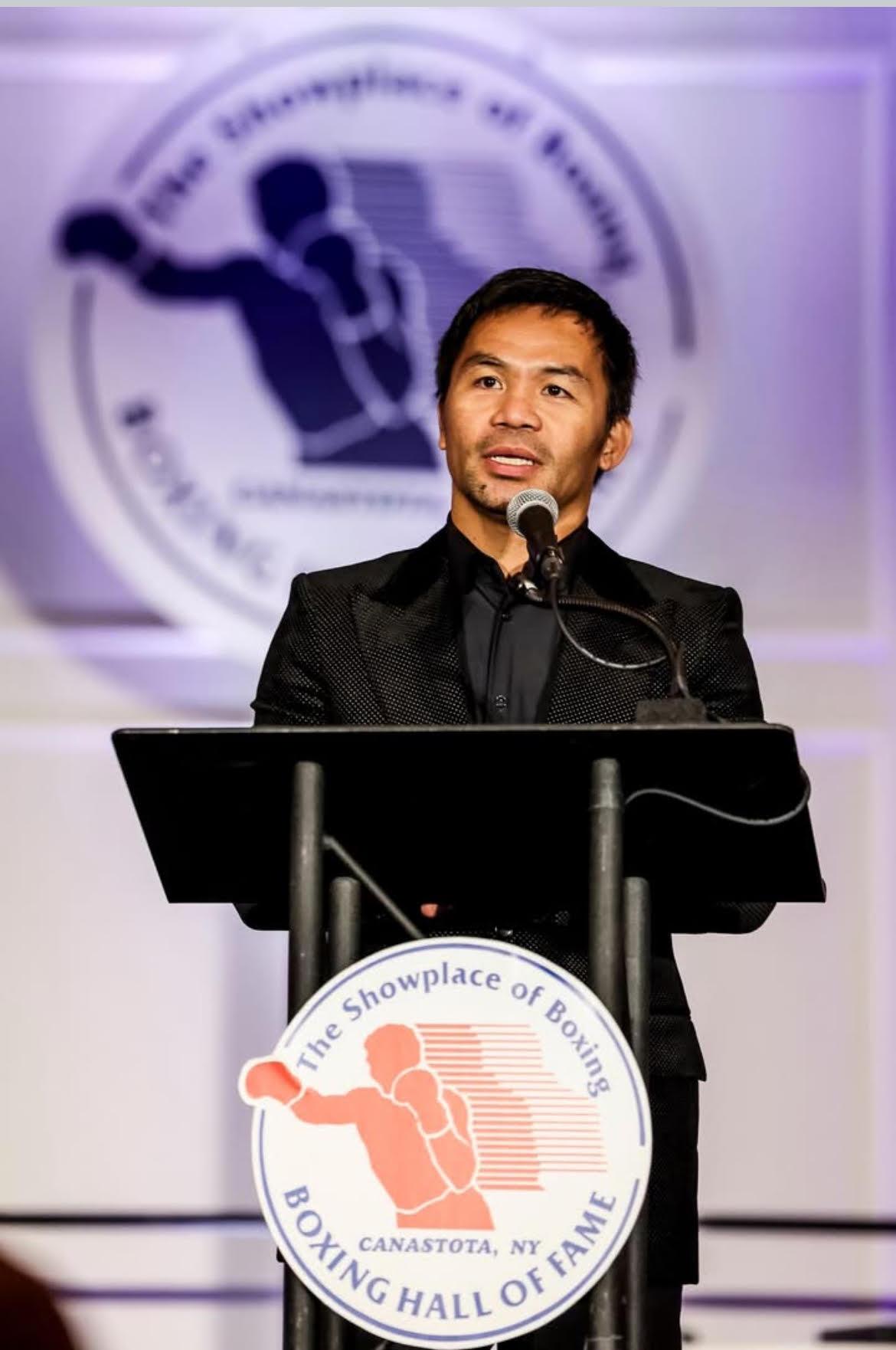Photo Credit : From the Official Facebook page of His Eminence Luis Antonio G. Cardinal Tagle
Cardinal Luis Antonio Tagle consistently appears on lists of potential future popes. Discover why this Filipino cardinal is regarded as a leading voice for a global, compassionate, and missionary Church.
In the hushed, marbled halls of the Vatican, as whispers swirl about the twilight of a papacy, one name rises softly—yet insistently—above the rest: Luis Antonio Gokim Tagle.
With his signature smile and a gaze that evokes both humility and depth, the Filipino cardinal is not just a possible successor to Pope Francis.
To many, he is the emotional and spiritual bridge between the global South and the Holy See—an embodiment of a Church yearning to remain grounded in compassion as it reaches toward a divided world.
A Global Son of the Church
Born on June 21, 1957, in the quiet city of Imus, Cavite, Cardinal Tagle’s roots are deeply Filipino, yet unmistakably universal.
Of Chinese descent on his mother’s side and formed by theological rigor in Rome’s Pontifical Gregorian University and The Catholic University of America in Washington, D.C., his biography reads less like a clerical résumé and more like a map of the modern Catholic world.
Ordained in 1982, he rose through the Church not with pomp, but with presence. As Bishop of Imus, he refused a car with tinted windows, preferring to be seen—and to see.
As Archbishop of Manila, he became known for his deep empathy and stirring homilies, delivered without notes, but always with soul.
The Vatican’s Heart in Asia
When Pope Francis appointed Tagle as Prefect of the Congregation for the Evangelization of Peoples in 2019, it was more than a bureaucratic shift. It was symbolic.
Asia—home to more than half of the world’s population, but a fraction of its Catholics—was now front and center. In Tagle, Rome was signaling that the Church’s future might lie not in its grand basilicas, but in the swelling faith communities of the peripheries.
In 2020, Tagle’s stature rose further when Pope Francis elevated him to the rank of cardinal bishop, the highest title within the College of Cardinals. It was a rare distinction—and a powerful affirmation of the Church’s trust in his leadership.
Now, as Pro-Prefect of the restructured Dicastery for Evangelization, Tagle oversees the Church’s most vital frontier mission: reaching hearts that have never heard the Gospel—and reawakening those who have forgotten it.
The “Asian Francis”?
Tagle’s pastoral ethos mirrors that of the pope who elevated him. Like Francis, he speaks of a Church that listens before it teaches, that heals before it judges. He has spoken candidly about LGBTQ+ persons, urging the Church to avoid “harsh words.” He has advocated discernment for divorced and remarried Catholics, stressing that “every situation is unique.”
Yet, he’s no doctrinal radical. His theology is orthodox, his methods tender. In essence, Tagle doesn’t push the Church forward with force—he gently invites it to walk in the shoes of the faithful.
Inside the Conclave
When the next conclave convenes—behind locked doors and beneath Michelangelo’s frescoes—Cardinal Tagle will be one of the most watched figures.
At 67, he stands at that perfect crossroad: young enough to bring longevity, old enough to command reverence. But what truly sets him apart is his ability to speak not just in Vatican Latin or theological code, but in the shared language of suffering, joy, and hope.
The Church today is wounded—by scandal, division, and the modern world’s skepticism. Tagle, a man shaped by colonial memory, poverty, and multi-faith realities, understands this pain viscerally.
Fluent in Tagalog, English, Italian, and conversant in French, Chinese, and Latin, Tagle is as comfortable delivering a homily in Tondo as he is addressing bishops in Rome. His message, however, remains the same: “Be near the people. Smell like the sheep. Love with the heart of Christ.”
A Consistent Contender
Since the last conclave in 2013, and particularly following his elevation to the Roman Curia, Cardinal Tagle has been a fixture in conversations about papal succession.
Analysts and Vatican watchers have consistently placed him on lists of papabili—those considered most likely to be elected pope. His visibility is not born of political maneuvering or geographical novelty, but of what he represents: a deeply pastoral, intellectually grounded, and globally resonant figure.
His leadership in the Evangelization Dicastery, alignment with Pope Francis’ vision, and deep roots in the Global South all reinforce his viability as the Church’s next shepherd.
The Global South refers to regions in Africa, Latin America, Asia, and Oceania, often characterized by lower levels of industrialization, development, and income. These areas also carry a history of colonization and economic exploitation, and face challenges such as poverty, political instability, and limited resources. However, the Global South is also a source of emerging influence in global politics, culture, and faith.
From La Croix to The Tablet, Crux to America Magazine—and even secular outlets like The New York Times—Tagle is often described as “the face of a compassionate Church” and “a credible voice for Catholicism in the global South.”
While the Holy Spirit ultimately guides each conclave—and surprises are always possible—Tagle’s regular appearance on these shortlists is no coincidence. It reflects the deep respect he commands, both inside and outside the Vatican.







